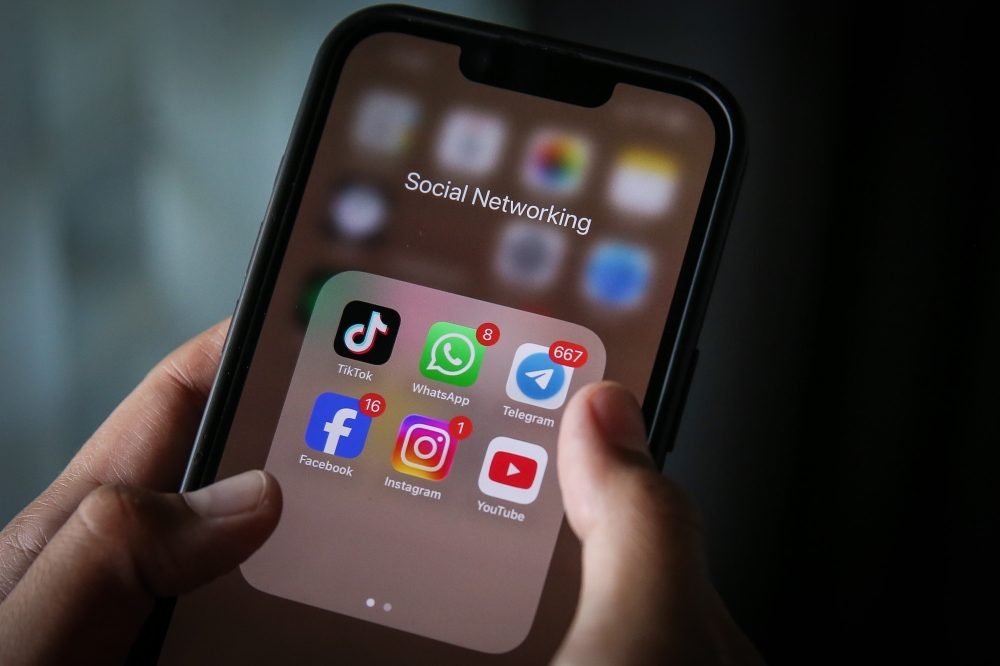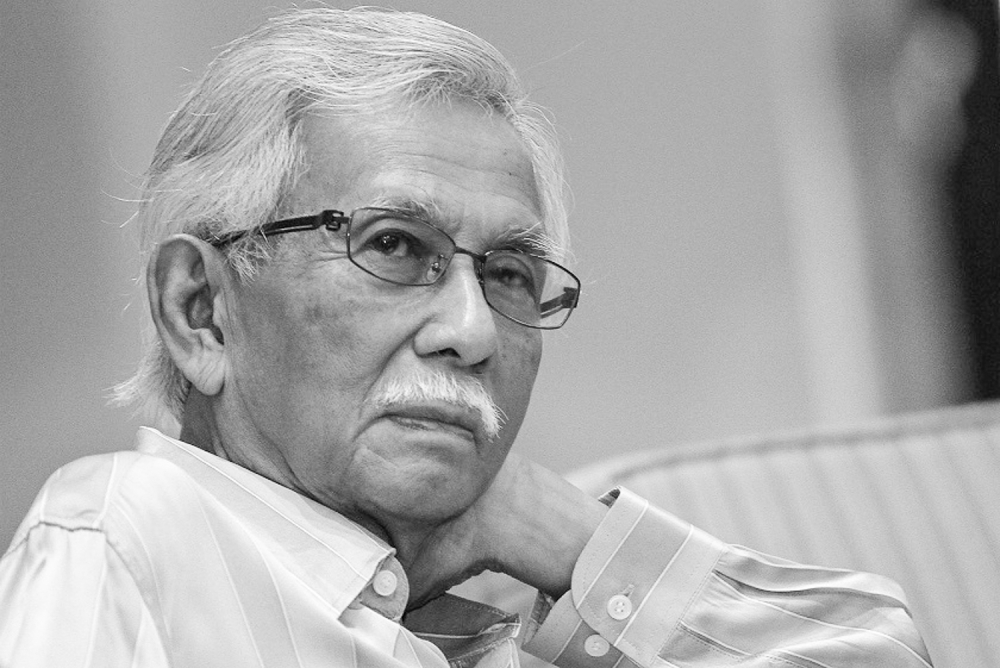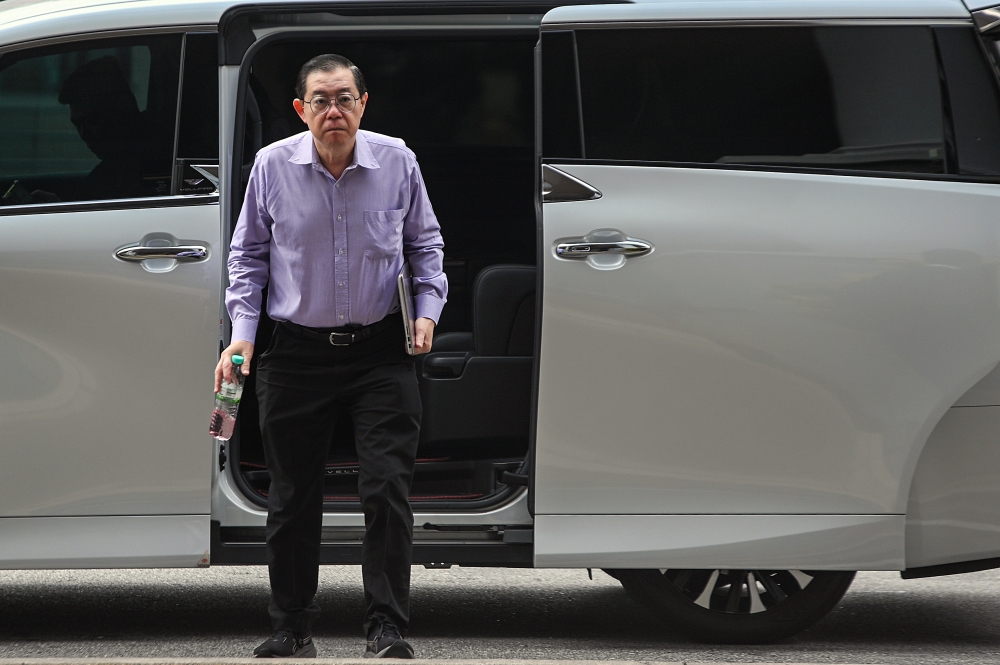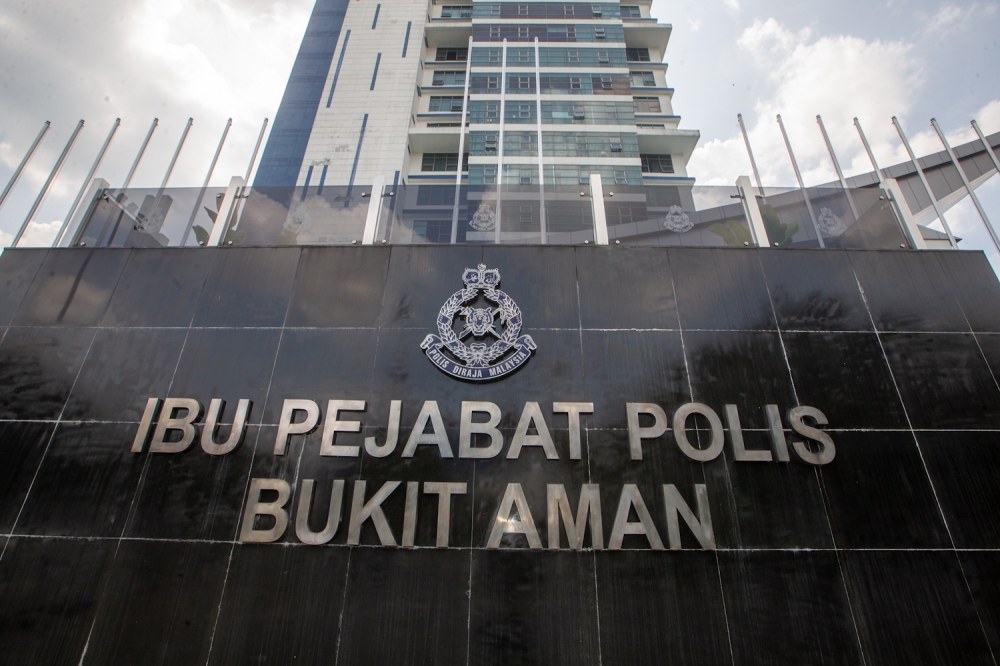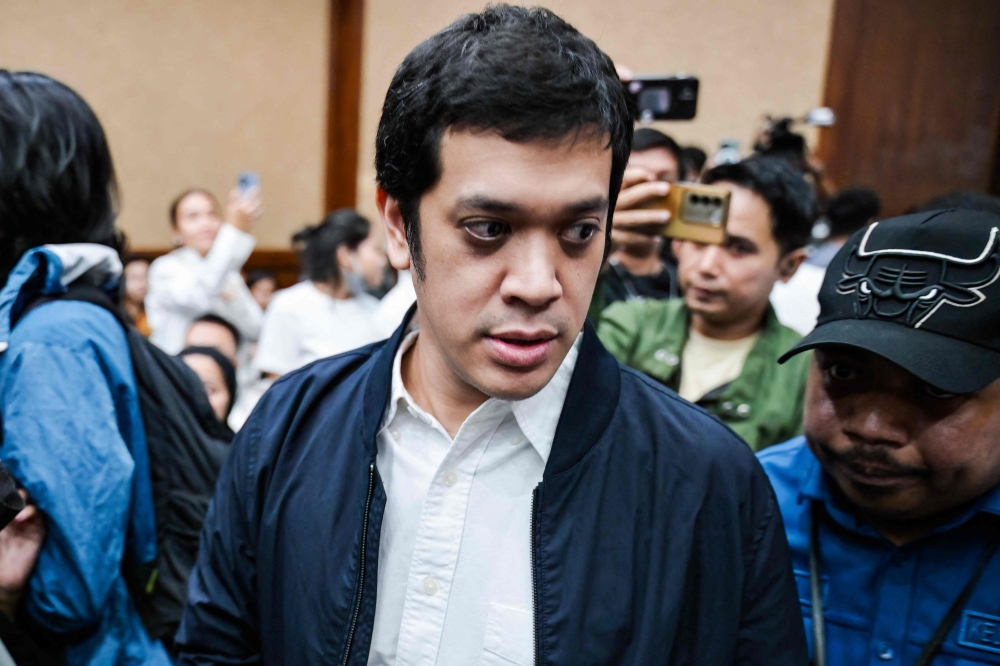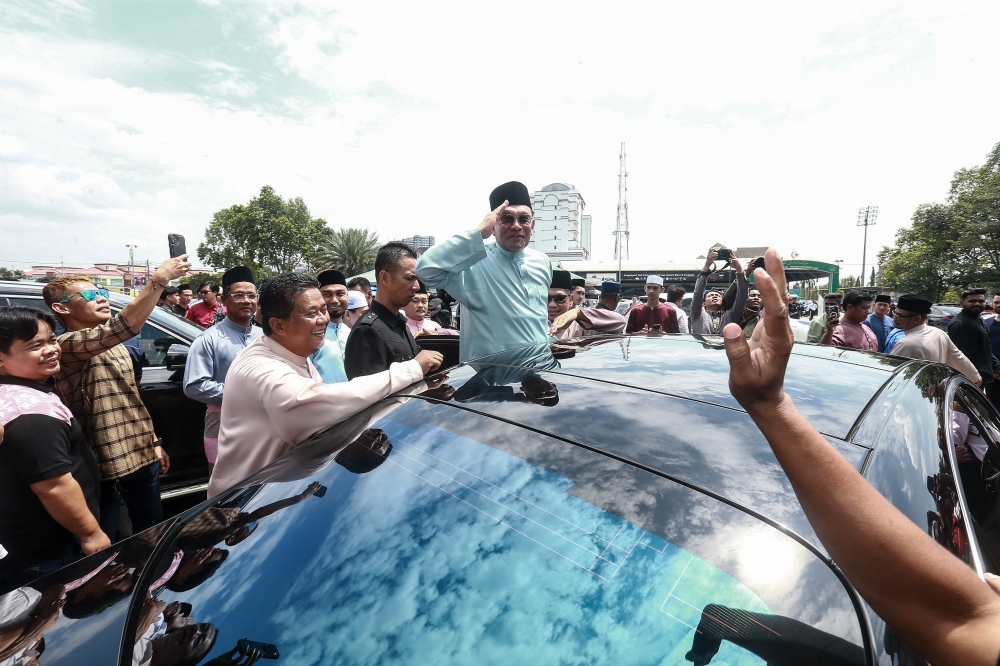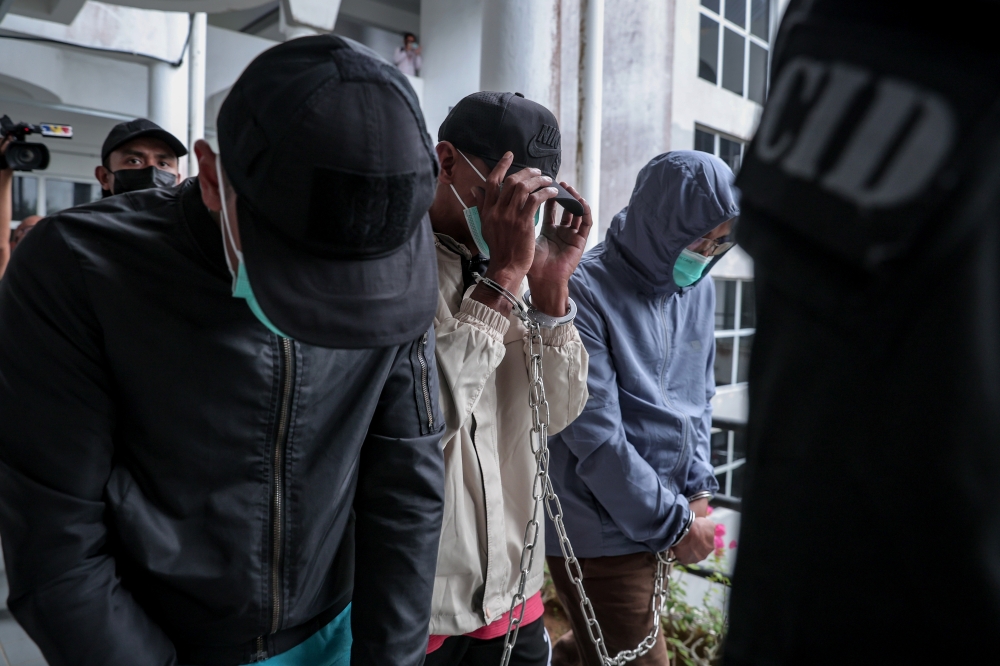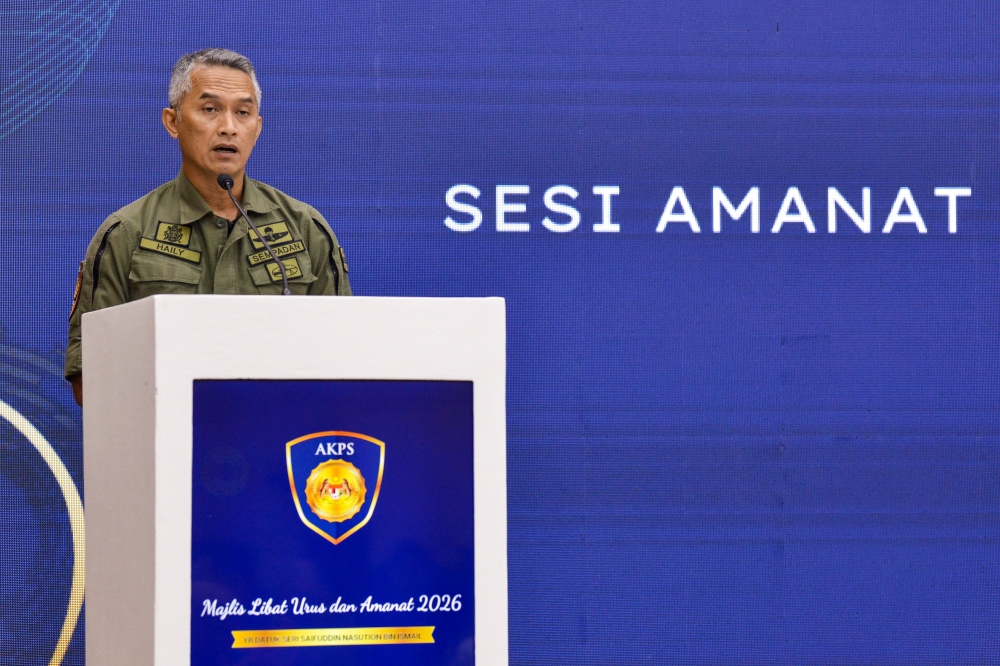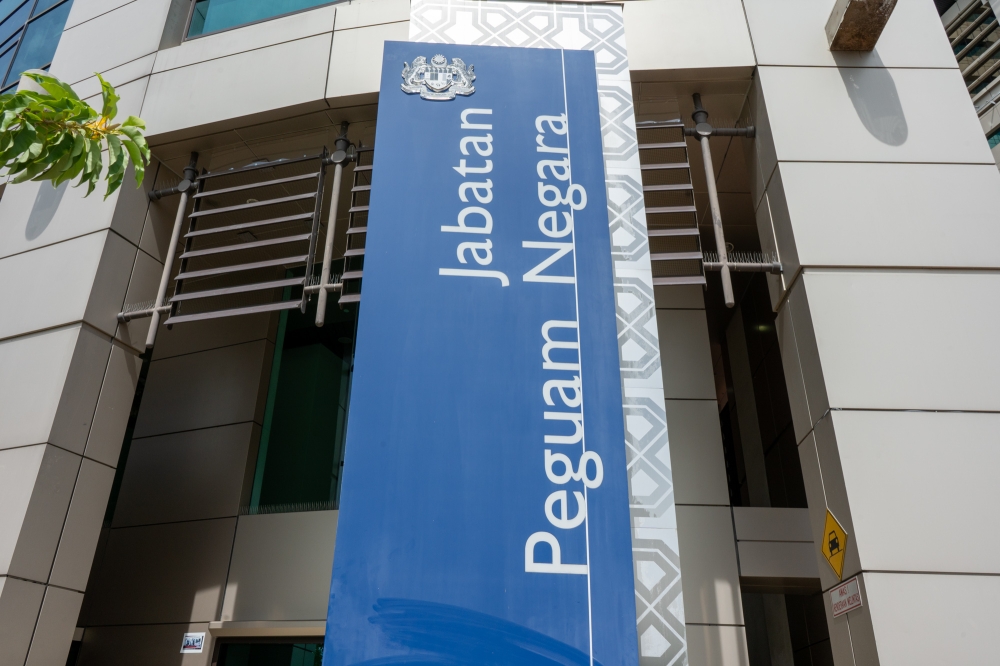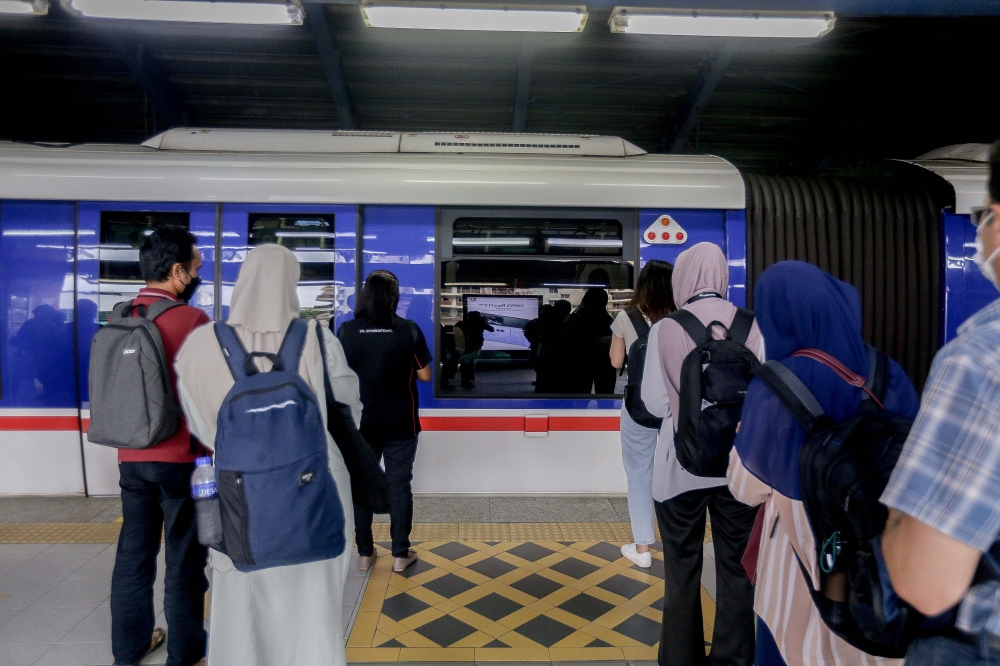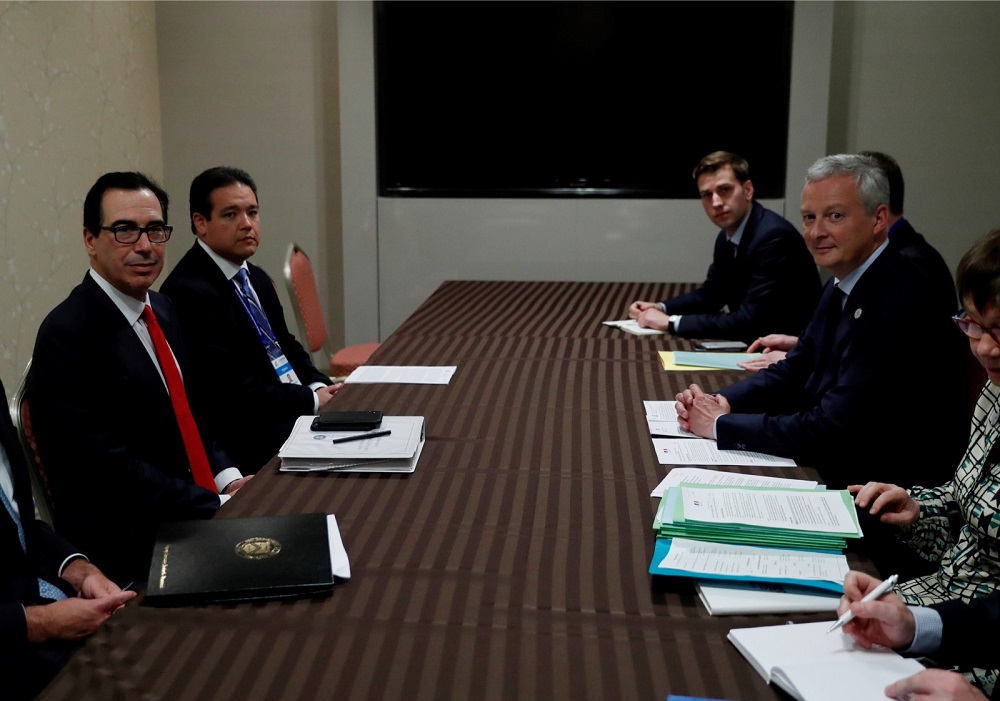FUKUOKA, June 8 — Widening fallout from the US-China trade war and escalating tariff threats will test the resolve of Group of 20 finance leaders to show a united front this week, as investors worry if they can avert a global recession with dwindling policy ammunition.
Japan, which is chairing this year’s G20 meetings, has said the finance leaders’ meeting won’t put trade issues high on the agenda and will not seek to mediate bilateral trade tensions.
But the broadening pain from the trade war will make it hard for G20 finance ministers and central bank heads to side-step the topic when they gather for a two-day meeting starting today in the southern Japan city of Fukuoka.
A senior US Treasury official said trade will be one of the topics of the meeting, both in the context on how it affects the global economy and how to “reduce some of the unfair trade practices that may exist.”
Tensions over trade could heighten challenges for G20 finance leaders to seek common ground on how to frame the issue in a communique expected to be released after their gathering.
“The communique is always fun to do, so I anticipate we’ll have some interesting conversations on trade, as well as other issues. And I expect we’ll likely get to a communique, but you never know,” the official told reporters earlier this week.
US Treasury Secretary Steven Mnuchin will meet People’s Bank of China Governor Yi Gang in Fukuoka on the sidelines of the G20 gathering. Mnuchin will also hold talks with Japanese Finance Minister Taro Aso.
Trade damage widening
Relations between the United States and China have deteriorated since President Donald Trump in early May accused Beijing of reneging on commitments to change its ways of doing business with the rest of the world.
The US raised tariffs on Chinese imports and threatened new ones, and China retaliated. The escalation has rattled global financial markets and wiped out more than US$1.5 trillion (RM6.2 trillion) in investments worldwide, stoking fears of a global downturn.
Trump said on Thursday he would meet President Xi Jinping at a G20 leaders’ summit late this month and decide afterwards whether to hit Beijing with more tariffs.
With much of the world economy still recovering from the global financial crisis a decade ago, the focus is shifting to how much dry powder central banks have left to battle the next downturn.
US Federal Reserve policymakers have hinted they would be ready to cut interest rates and the European Central Bank on Thursday opened the door to more stimulus if needed.
The International Monetary Fund on Wednesday warned that current and threatened US-China tariffs could cut global economic output by 0.5per cent in 2020.
IMF Managing Director Christine Lagarde told Reuters that while there was no imminent threat of a global recession, such tariff threats and trade wars were “self-inflicted wounds” that must be avoided.
While the G20 communique is set to maintain the view that global growth will pick up through next year, some policymakers may flag growing risks when they speak on the sidelines of the meeting.
“There’s not much the G20 can do to ease Sino-US trade tensions because Washington doesn’t see benefit in fixing problems under a multilateral framework,” said Takahide Kiuchi, a former Bank of Japan board member who is now an executive economist at Nomura Research Institute.
“If the G20 finance leaders can’t talk about trade, it means they can’t engage in substantial debate on the most imminent threat to the global economy.” — Reuters

